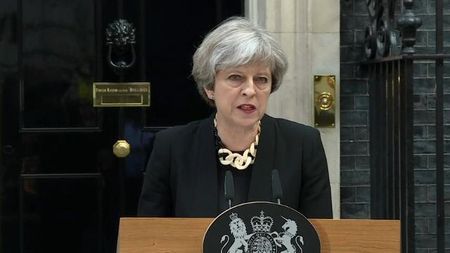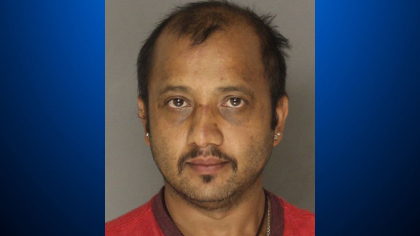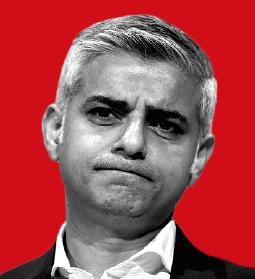Danney Williams is who he says he is — at least according to Twitter.
Twitter user Jack Posobiec notes the man who claims to be Bill Clinton’s son by a black prostitute was just “verified” by the social network, something the former president has yet to do.
And it’s true.
Williams’ profile shows the blue check mark next to his name and near his profile description, “I’m the son of the 42nd President of the United States- Bill Clinton. #ClintonKid #BillClintonSon.”
Williams, who bears a striking resemblance to Clinton, lists his location as Arkansas, Clinton’s former state where he was Attorney General and governor.
Just days before the 2016 presidential election, Williams held a press conference where he asked for a Bill Clinton DNA sample to disprove — or prove — his assertion.
Appearing at the National Press Club on November 1, Danney Williams made an emotional plea to Clinton intern and lover Monica Lewinsky, but also to the people he says are his family.
“I also want to take this opportunity to appeal to my step-mom, Hillary Clinton,” Williams said.
“She has the power to have Bill Clinton provide a DNA sample,” which Williams is attempting to secure through threatened legal action.
“I heard Hillary say she spent her life helping children. If black lives truly matter to her, why not mine?” he said.
“Why don’t you care about me, Hillary? Are you embarrassed about me? Hillary, are you ashamed of me? I am black, I am real,” he said, appearing to fight back tears.
“Hillary, please don’t deny my existence. You are my step-mother, Chelsea is my sister, Bill Clinton is my father,” Williams said.
“Please just step up at this time and treat me like the equal member of your family.
“I heard her say before it takes a village to raise a kid, I just want her to accept me in her village today,” Williams said.
In a letter to her attorneys, Williams is asking for access to the notorious blue dress Lewinsky was wearing when she was with Bill Clinton in the White House.
“There is one other way the question of whether Bill Clinton is my father would be by obtaining a small, complete and valid DNA sample from your blue dress, which multiple news sources reported has been preserved,” Williams wrote to Lewinsky, according to a letter posted by InfoWars.
“I respectfully request you provide the sample of genetic matter we require so that we may match it with my own sample.”
In another part of the letter, Williams attempted to strike a kinship with Lewinsky.
“I was not surprised to learn that Hillary called you a ‘stalker’ and much, much worse. Hillary Clinton abused us both. I call out to you for your help,” he wrote.
No Clinton — Bill, Hillary or Chelsea — have acknowledged Williams’ existence.







